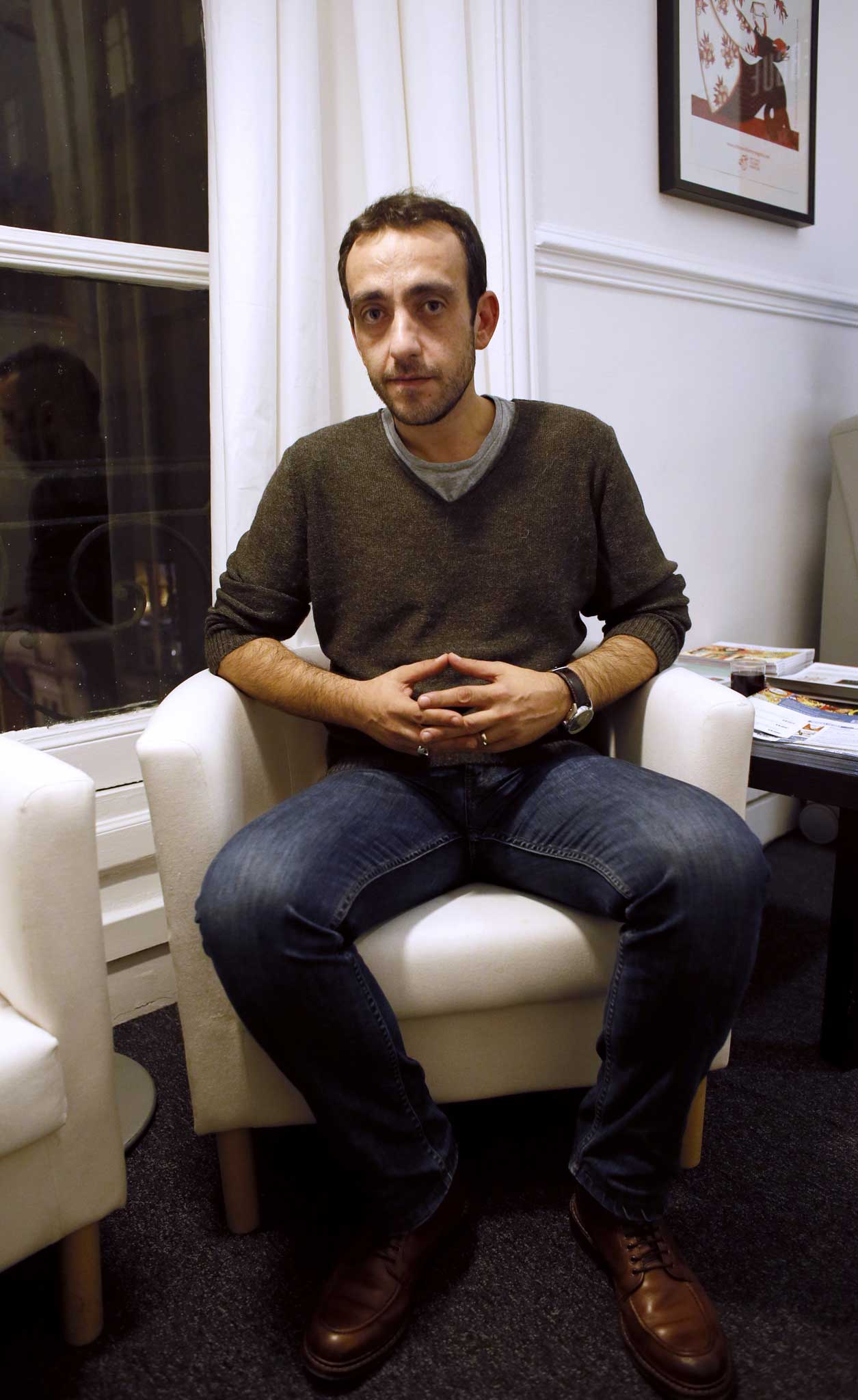Where I Left My Soul By Jérôme Ferrari, trans. Geoffrey Strachan
This searing novel of the Algerian war shows how torture injures perpetrators and victims alike

While working in the field of human rights, I learned that methods of torture do not vary much across borders, nor over time. A Syrian writer, incarcerated in the 1990s, once described to me how he had lost all sensation in his arms after having his spine stretched out on "the German Chair"; a form of torture employed by the Nazis during the Second World War and adopted by the Syrian military intelligence.
The systematic nature of torture and its effect on both victim and perpetrator is the subject of Jérôme Ferrari's disturbing novel. Set over three days during the Algerian War, Where I Left My Soul is told from the perspective of two French officers, both involved in "the hunt for intelligence". The conflict was particularly savage and atrocities were committed on both sides.
Captain André Degorce, a member of the French Resistance in his youth, had been captured and "interrogated" by the Nazis and this, Ferrari suggests, is what first brutalises him.
A few years later, he was interned again by the Viet Minh after the bloody battle of Dien Bien Phu in 1954. As a prisoner, Degorce's stoicism and strength of character brought him many admirers, among them Lieutenant Horace Andreani.
The two men are reunited in Algiers in 1957 but respond very differently to their new role as torturers. Unlike his junior officer, Degorce wrestles with his conscience. Following the arrest of the rebel leader, known as Tahar the Pure, he treats him with respect and, to Andreani's disgust, offers him full military compliments.
Ferrari (who has just won the Prix Goncourt for his new novel The Sermon on the Fall of Rome) states that his main aim was "to capture the moment when we open our eyes in horror at the mirror reflecting back at us the very image of everything we have sought to fight against".
Both men are complicit in torture and equally ruthless when extracting a confession, but Degorce resists that moment, the realisation that he has lost his soul, with startling ferocity. He fills his mind with musings on the past, attempts to write with honesty and love to his wife, seeks solace in his religious belief, and struggles to retain compassion for his prisoners. By contrast, Andreani swiftly accepts, even embraces, the darkness within himself.
Where I Left My Soul may not be an easy read – it is an unsparing examination of how violence begets violence – but it is an important one. The horrors of the Algerian fight for independence should not be forgotten and, as Ferrari reminds us, the psychological wounds of war are often the hardest to heal.
Join our commenting forum
Join thought-provoking conversations, follow other Independent readers and see their replies
Comments
Bookmark popover
Removed from bookmarks